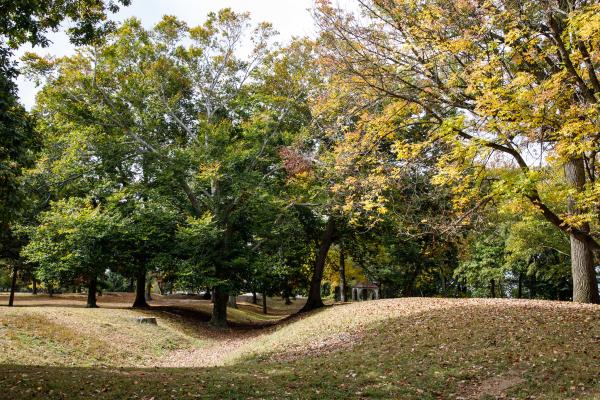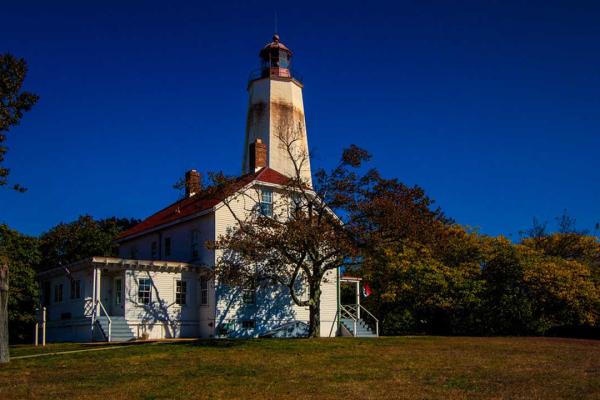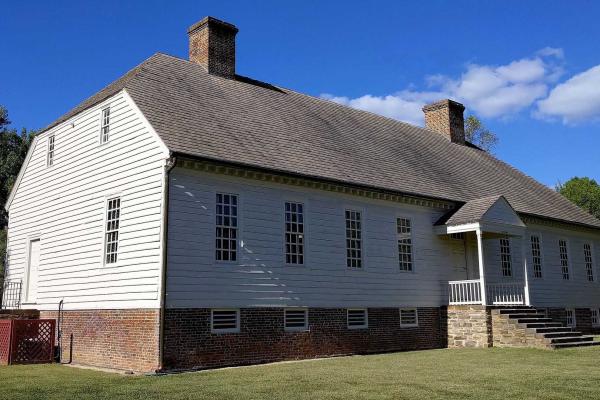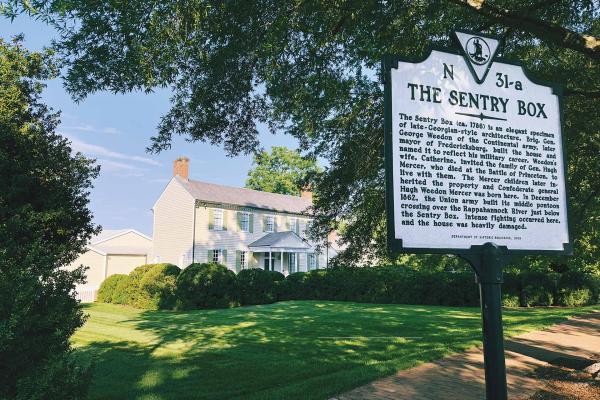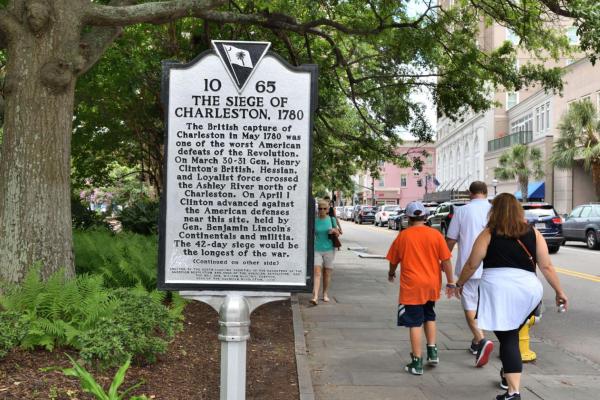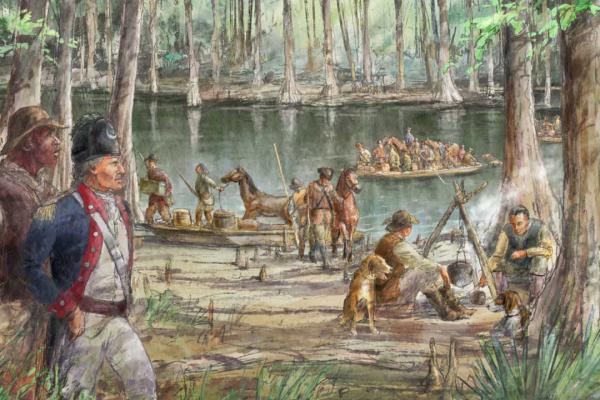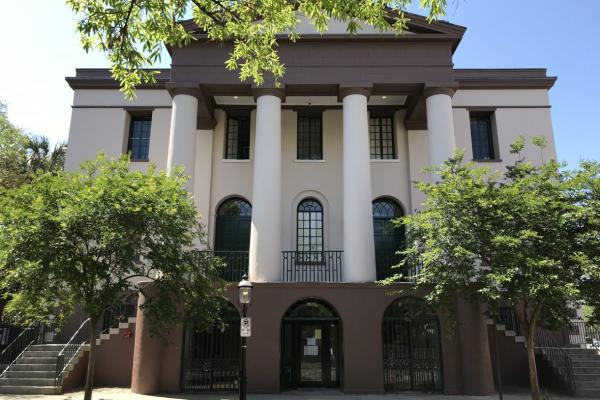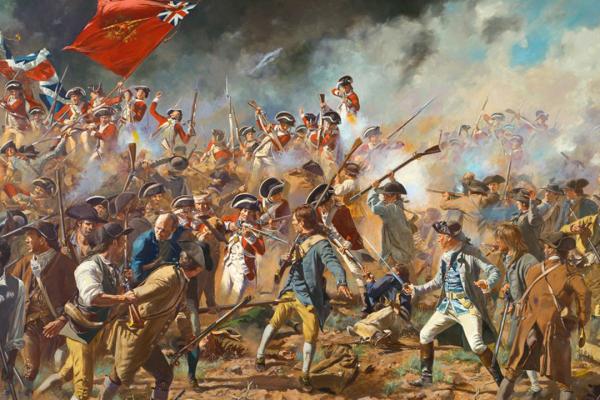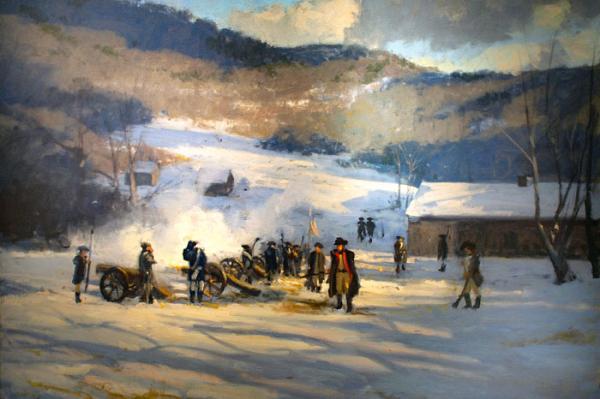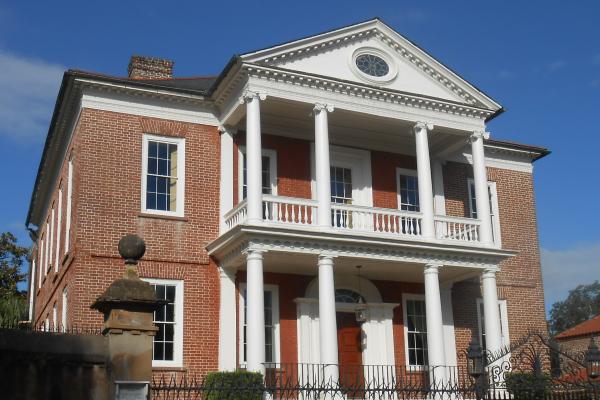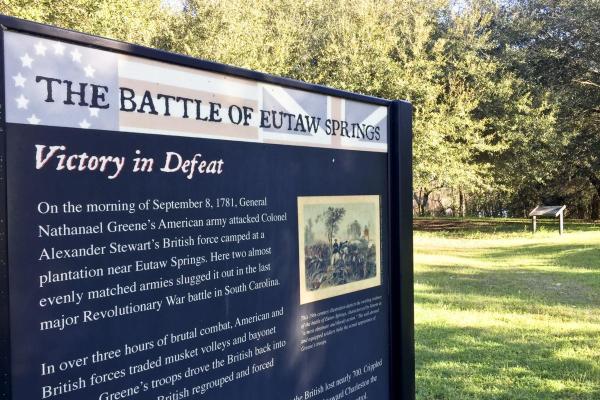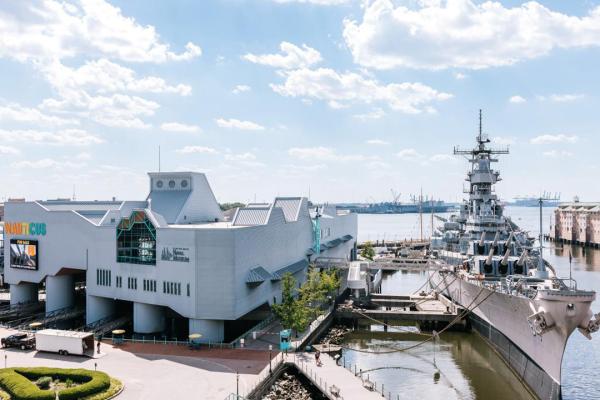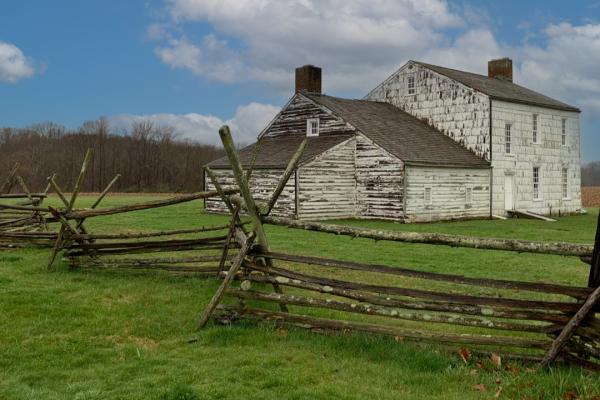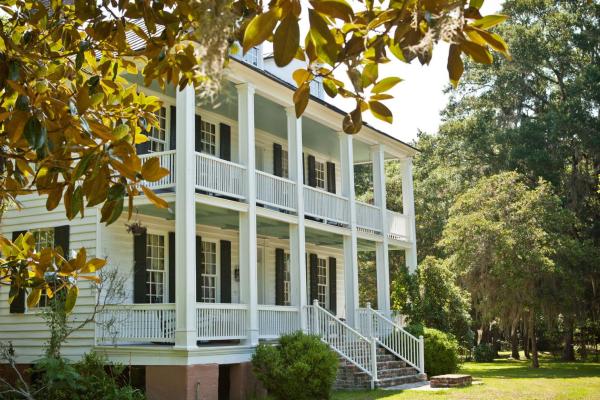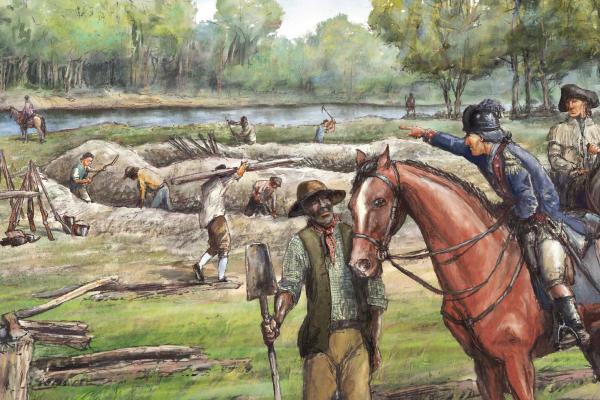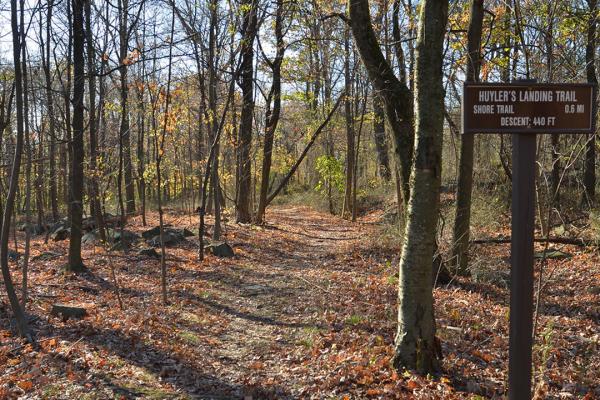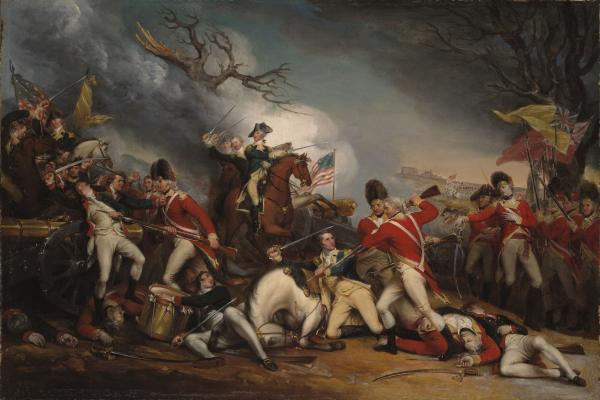Also known as the Battle of Fort Mercer, Hessian forces under Colonel Von Donop unsuccessfully stormed this fort on the 22 of October, 1777. Halted by...
In the final days of the Revolutionary War, Rockingham became General George Washington’s last wartime headquarters, where he penned his Farewell...
The Royal Governor's Mansion of New Jersey is the only remaining proprietary governor's mansion of the original Thirteen Colonies still standing today...
A strategic location for the defense of New York's harbor, the Continentals failed to reinforce this peninsula, leading to the city's capture in...
Once owned and operated by Founding Father Patrick Henry, it was while living in this home that Patrick Henry coined the phrase "Give me liberty or...
Following the American Revolution, the Sentry Box served as the home for Hugh Mercer's family following his passing at the Battle of Princeton in 1777...
As part of their Southern Campaign, the British set their sights on taking the vital port of Charleston.
Located along the Great Pee Dee River, Snow's Island served as Francis Marion's favorite refuge for his militia in the swamps of South Carolina
An architectural treasure in its own right, the South Carolina Historical Society Museum is housed in a National Historic Landmark building and...

- parking
- accessible_parking
- wheelchair_accessible
- restrooms
- wifi

- restrooms
- wheelchair_accessible

- parking
- accessible_parking
- wheelchair_accessible
- restrooms

- parking
- accessible_parking
- wheelchair_accessible
- restrooms

- parking
- accessible_parking
- wheelchair_accessible
- pet_friendly

- parking
- accessible_parking
- wheelchair_accessible
- pet_friendly

- parking
- accessible_parking
- wheelchair_accessible
- restrooms
- wifi

- parking
- accessible_parking
- wheelchair_accessible
- restrooms
- wifi

- parking
- accessible_parking
- wheelchair_accessible

- parking
- accessible_parking
- restrooms
- pet_friendly

- parking
- accessible_parking
- wheelchair_accessible
- restrooms

- parking
- accessible_parking
- wheelchair_accessible
- restrooms
- wifi

- parking
- accessible_parking
- wheelchair_accessible
- restrooms
- wifi

- parking
- restrooms
- wheelchair_accessible
Liberty Trail History Makers
The Revolutionary War was a war unlike any other — one of ideas and ideals, that shaped “the course of human events. Explore the history and personalities from this pivotal time in American history.A former slave who fought heroically at Bunker Hill, Poor served throughout the Revolutionary War and earned recognition for his bravery.
Carl von Donop, a Hessian colonel, sought glory in the American Revolution but blundered at Trenton—possibly distracted by a "beautiful widow." To redeem himself, he led a doomed assault on Fort Mercer in 1777, suffering fatal wounds. Arrogant and unpopular, his American dream ended in defeat by the Delaware River.
During the Revolutionary War, Sumter became a prominent commander in the South Carolina militia. When Lt. Col. Banastre Tarleton’s raiders burned his home, however, he organized a band of partisans to harass the British and their Tory allies. General Cornwallis called him one of his “great plagues.”
Thomas Jefferson, the principal author of the Declaration of Independence and the third president of the United States, was a figure whose political philosophy helped define the early American republic. A statesman, diplomat, and advocate for education and republicanism, he left a complex legacy that continues to shape debates about democracy, freedom, and national identity.

